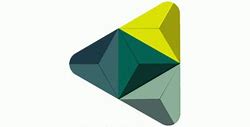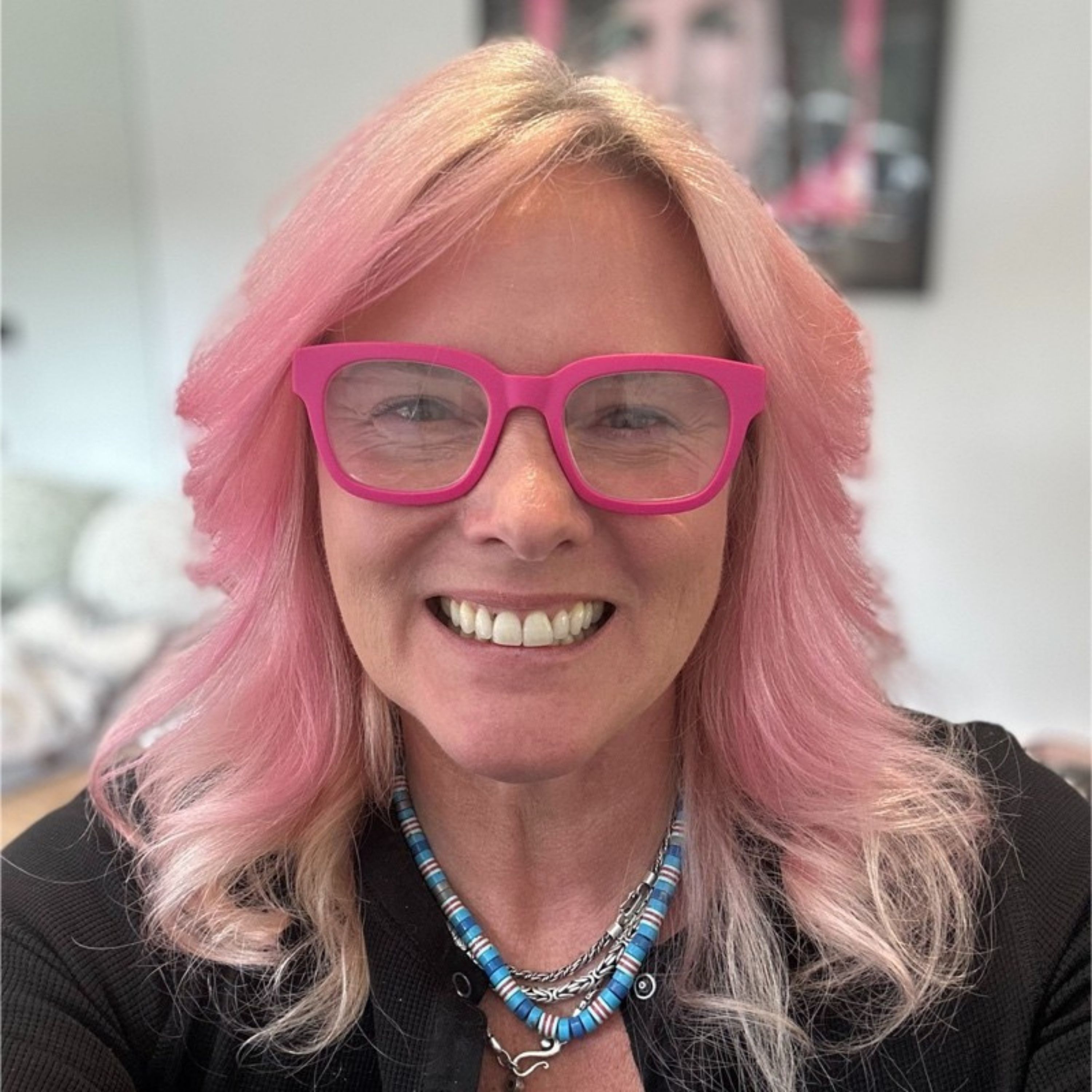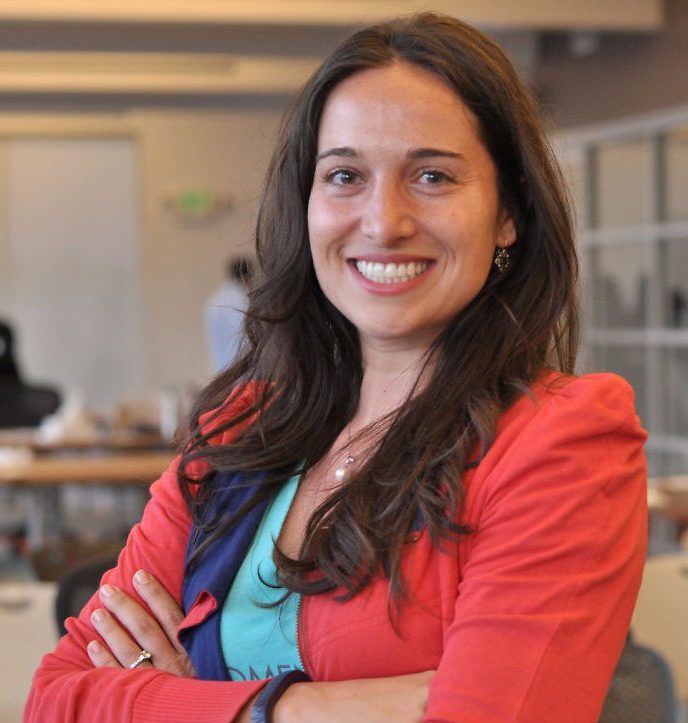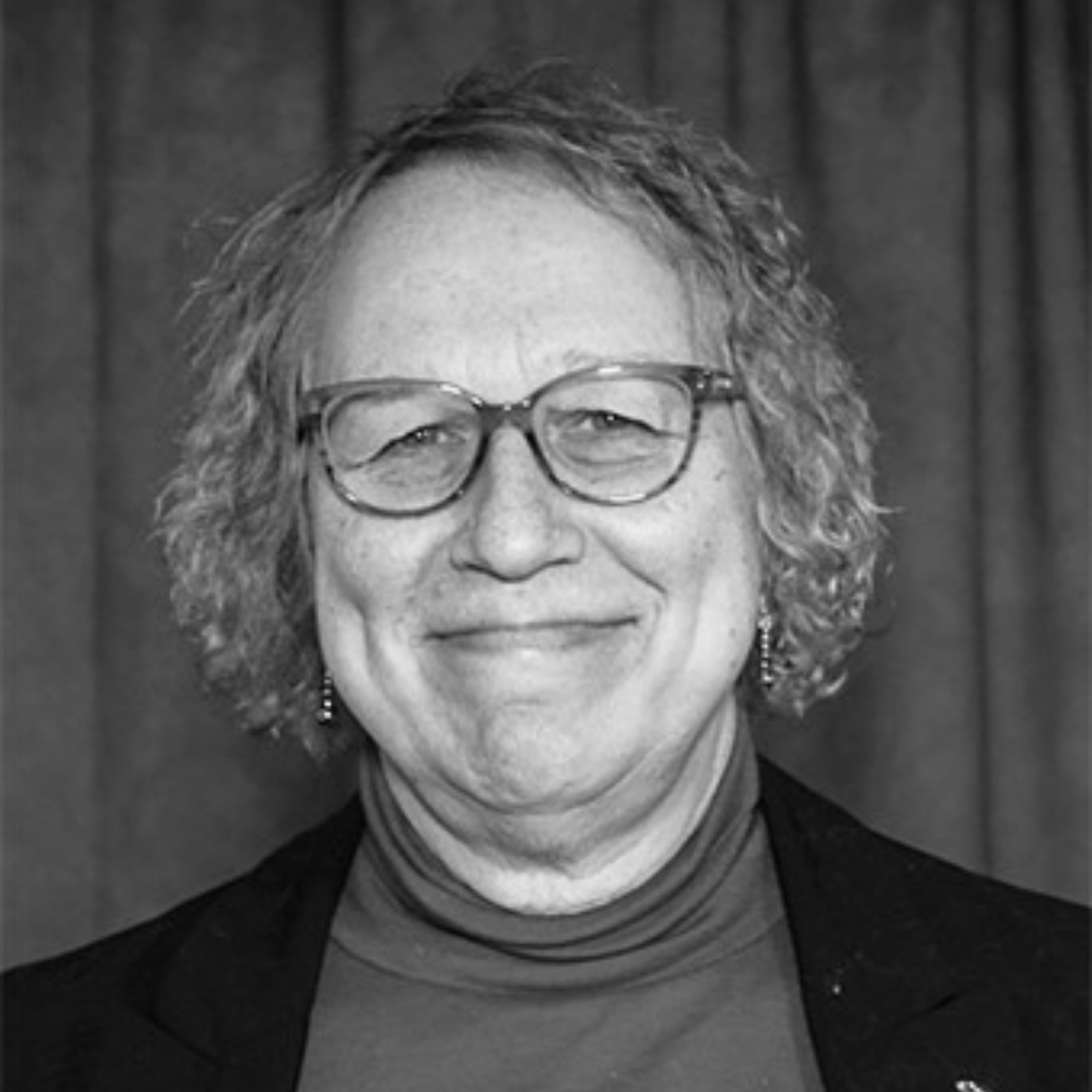
Tech Talent Spotlight Series: Asia Sharif
07 Aug, 20237In today's installment of our Tech Talent Spotlight series, we are joined by Asia Sharif, a ...
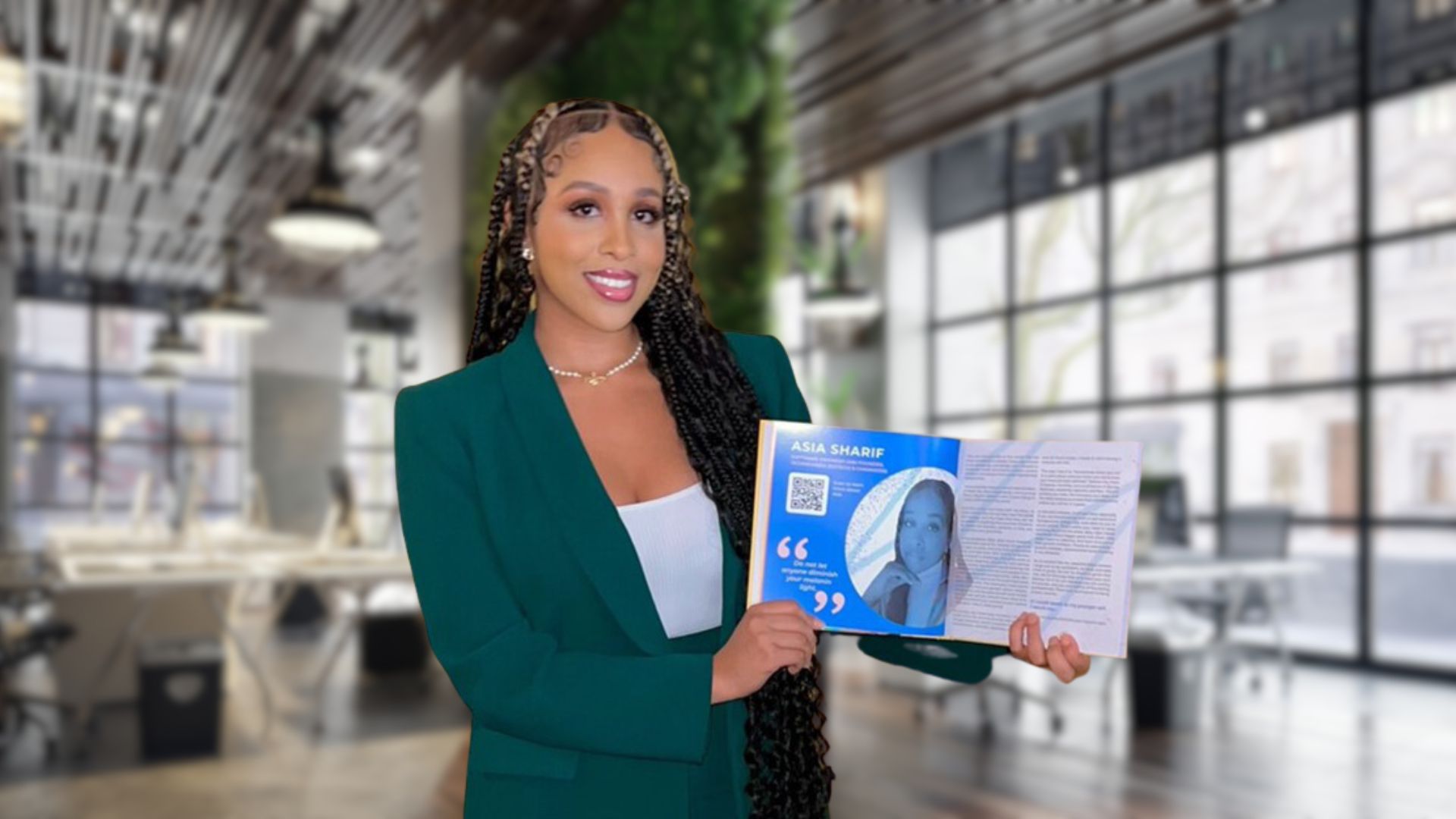
In today's installment of our Tech Talent Spotlight series, we are joined by Asia Sharif, a multi-award-winning software engineer.
Having won numerous accolades during the course of her career and was named by Computer Weekly as one of the most significant women in the technology field in 2022 and was awarded the Rising Star WeAreTheCity Award 2023 Winner. Asia came from a non-technical background and transitioned into technology in January 2021 with the sole purpose of becoming an inspiration, seeking change, and advocating for black women in technology.
She's the founder of Chainverse, an organisation that seeks to transform prison communication by giving users access to a straightforward, reasonably priced, and secure network, and actively promotes diversity, equality, and inclusion.
A number of publications, including POCIT, Code First Girls, Black Valley, and The Voice in the Shadows Book, have featured Asia as a result of her outstanding accomplishments. She takes advantage of these chances to encourage women and people from underrepresented groups to seek employment opportunities in technology by educating, inspiring, and empowering them.
Please introduce yourself to our audience.
My name is Asia, and I currently reside in Manchester. I am a highly accomplished software engineer, honoured with multiple awards for my contributions to the field. Interestingly, my journey into tech began from a non-tech background when I made the pivotal decision to drop out of university, where I was studying Law.
It’s interesting that you come from a non-tech background. Can you tell us a bit about that?
My foster dad is a barrister and he hoped I would become a lawyer, I realized that wasn’t for me so I dropped out. I wanted to be in a field that could make a significant impact and more of a difference than spending years studying law. By the time I make my difference, it might have taken me another 6- 10 years.
I am a strong advocate by nature, and I wanted to make a difference now. I feel a lot of guilt when I know I'm not giving my best because I know I have it inside of me to contribute at my highest level.
It sounds like you were determined to find your calling, so how did you end up in tech?
I recognised that I had the urge to make a difference and so I sought a new direction. During the lockdown in early 2021, I thought, why not teach myself how to code? I mean, what else was there to do during that time? I did some research and found out that coding was considered one of the toughest things to learn.
Along with the realisation that there was a lack of female representation in this domain, with only 0.1% of the world's coders being women at that time, and from that 0.1% only 10% were women. So why don’t I teach myself? And I did. I drew inspiration from family members, my dad and brothers are into aircraft engineering and programming and my foster brother is a total genius in computer science. So, I figured, why not give it a shot too?
How did you start your coding journey, and what challenges did you face along the way?
I started by teaching myself web development. It was the basics, but it got me going. Then I joined a free, women-tailored 12-week software engineering boot camp in London called Sky Boot Camp, where I learned about full-stack development and software engineering. It was challenging, but I loved it.
Along the way, I got some great guidance from Black Girls in Tech. I had a mentor, Phillipa who offered me invaluable support, and they gave me a plan and helped me feel less lost and alone.
Throughout 2021, I did multiple boot camps, like machine learning and blockchain, which were provided to me by Coding Black Females on a scholarship. They provided 2-6 scholarships for black women who want to learn blockchain engineering which is a great opportunity for getting into the industry. This led me into Software Engineering Nanodegree with NatWest Code First Girls which got me my role at NatWest.
What inspired you to give back and start "Tech Newbies"?
2021 was my learning phase and 2022 was the year I blossomed. From all the learning I have done, I thought if I have the basics and I have the knowledge, why don’t I give back?
Even before I landed a job myself, I felt like I could help others on their tech journey. So, in early 2022, I started "Tech Newbies" on Twitter. I wanted to share tech content and tips to help newcomers build their portfolios and CVs.
I wasn’t content with just learning and mentoring, so I co-founded a startup called "Chain Verse” which is a platform to help prisoners and their loved ones communicate better and avoid financial troubles. It's all about making a positive impact.
That's such a meaningful initiative. So, how has your journey evolved since then?
Oh, it wasn't a smooth ride at all. I was completely new to all things tech. I hadn't even used a laptop before! The toughest part was not knowing that I needed to learn the fundamentals of computer science. People always focus on learning a programming language, which is essential, but without the basics and foundation, it's tough to really excel.
By 2023, I've grown from a tech newbie to a speaker and blogger. My newsletter has over a thousand subscribers now. I've mentored over a hundred women, and some of them have landed amazing jobs at top companies like Deloitte, Goldman Sachs, and NatWest.
Additionally, the awards I’ve won feel like a bonus. Without me having the right guidance and support, I wouldn't be where I am today. The real reward is knowing that I'm making a difference and giving back to the tech community.
What challenges did you face throughout this journey and how did you overcome these challenges?
There were a few hurdles. I found it hard to grasp certain tech interview aspects, like architecture and computer science fundamentals. At first, I didn't even know these things existed! My focus was just on learning a language and thinking that would be enough to break into tech. But tech is vast. There are so many different roles, and I slowly realised that coding wasn't the only path.
Joining a supportive community and getting a mentor made a huge difference. I felt less alone and more motivated to keep pushing forward. I faced rejections at first, which was tough. I put in so much effort and didn't know where I was going wrong. Having a mentor helped me see my blind spots and improve.
Being part of communities and having mentors can make a significant difference to your journey. They offer valuable insights, and encouragement, and help you find their way in the industry. Attending tech events and networking can help you build connections and improve your confidence.
What advice do you have for others going through a similar journey?
Patience is key! It's crucial not to compare yourself to others. Everyone's journey is different, and that's totally okay. I wish I knew that earlier. Networking is essential too. LinkedIn was a game-changer for me. I reached out to other software engineers and learned so much from their experiences.
Resilience seems to be a significant theme in your journey. How did you develop that mindset?
It wasn't easy, but I learned to be resilient and not be ashamed of asking for help or experiencing tough moments. It's okay not to be okay sometimes. Reminding myself that these feelings are temporary and won't matter in the long run helps me keep moving forward.
You belonged to a fantastic community of people called Black Girls in Tech. It's incredibly beneficial when you're starting out in the industry because it may be intimidating and you might not know whom to reach out to, so I've heard from others who have travelled similar paths. What do you want to accomplish by participating in these networks, why do you think it's necessary to develop them, and why should others join them?
Being part of such networks is essential. It's all about representation. Coming from a background of foster care and poverty, I grew up in an area of Liverpool that was predominantly Caucasian and I attended schools dominated by a different ethnicity, so I always felt out of place. No one knew what I had going on in my personal life or what I was going through and from what I had seen and understood, they didn’t have struggles like the way I had struggles.
Representation was so important because it gave me hope that I could see greater than my environment. I didn’t want to not be able to have the same opportunities as my friends because of obstacles like my skin colour or my religion. So seeing someone who looked like me succeed in tech gave me hope that I could do it too.
I want to mentor and encourage individuals from similar backgrounds by demonstrating to them that they too can overcome challenges and achieve in the computer industry. I want young girls to think, "This woman looks like me; I could actually be an engineer," when I enter a school to give a speech. “If she can do it, I can too. I don't need to appear like a male, have a certain skin tone, or practice a particular faith.”
People assume I don't have a degree because of my background, colour, or religion. People are free to express their opinions, but since we are always being automatically judged, we need to eliminate the barrier. Yes, I was raised in foster care and yes, I come from poverty, but I'm still here, and you can be too because I'll offer you the guidance that you need to get there.
Looking to the future, what do you envision for underrepresented individuals in the tech industry, and how can we encourage more diversity in the sector?
So, I think the future of technology will definitely be more diverse.
One big reason is that diversity of thought is incredibly important. Without diversity of thought, you don't have diverse ideas. Diverse teams work so much better together. Statistically, over 70% of diverse teams produce the best innovative ideas. And why is that? This is because they're from different backgrounds, different colours, and different religions.
When you have such a diverse team, they're not all going to come up with the same or similar idea for the same problem. Each of them will contribute a unique solution to that issue. Right? This indicates that you've now developed an amazing, innovative product, but what if you used all the same individuals, such as five individuals of the same race, upbringing, and family background? You give them a challenge. I can assure you that each of the five will have the same answer, which is understandable, but it will only be applicable to people in that demographic. The whole population will not benefit from it. So I think that technology is seeing this now, seeing the power of diversity.
A second reason Is that you never know in life what circumstances people are facing that may be limiting them from accessing the learning opportunities and resources required, for instance, to gain admission to Oxford. Some of the brightest people come from underrepresented backgrounds, and you never know if a homeless person has the ability to discover a cure for cancer. To inspire young minds, businesses should concentrate on mentorship programs in disadvantaged neighbourhoods and offer tech talks in classrooms. Giving opportunities to students from universities that are not often linked with technology is also crucial in order to highlight the range of jobs that are available in the sector.
If the company is big and you have the resources to send a representative to a local underrepresented community to make a simple school talk, you should do it, especially if that representative is a woman or a woman of colour. Not only are you demonstrating your will to take action on diversity, but you are also providing inspiration for that young group of individuals.
Thirdly, provide opportunities, especially when you are aware that particular universities do not provide them. The ones that aren't red-brick universities. The ones below red brick. Go in, give talks, and promote the idea that even if your degree isn't in logic, math, or problem-solving, there are still a ton of chances you can take advantage of in the world of technology, and if you're ready, you can come and apply.
So where do you draw your inspiration from and what do you think could inspire the generations of individuals considering entering the tech industry?
My inspiration comes from the person I aspire to become in the future. I have set goals that will allow me to help others, keep me motivated every day, get me through the obstacles I face in life, and allow me to achieve the goals I have set for myself to reach in 5, 10, and 20 years. So if I give up now, then I've not even reached the peak of the type of person I even can be. I'm not even at 10%. I don't even think I'm even at 1%, I’ve barely scratched the surface and I know I can do so much more.
People from my background inspire me too. When I’m in those areas, it makes me want to work harder and I want to make a difference for people in underprivileged situations and show them that they can achieve greatness despite any obstacles.
The person who I will be in the future is what inspires me, and I will keep chasing that person every day because that person will help the greater good.
My message is simple: believe in yourself, chase your dreams, and never settle for less. You can achieve amazing things with determination and resilience.
As a proud black Muslim woman, you've achieved so much, and we'd love to know how you navigated this field. Can you share with us a standout moment in your career that makes you proud and also a moment that made you aware of the disparities in the tech industry and how you overcame it?
One standout moment in my career was when I was chosen to be part of the book "Voice of the Shadows, Volume Two." It was a goal I had subconsciously set for myself to write about my journey as a young Muslim black woman and inspire others. When the opportunity to be featured in the book came out of nowhere, I was incredibly proud. The book has been distributed to over 300 schools, and knowing that my story could impact someone's life positively fills me with joy. Representation matters, and I believe that one powerful message can change someone's life.
As for the moment that alerted me to the disparities in the tech industry, it was during a gruelling interview process when I faced discrimination and lack of inclusion. I travelled a long way, only to find myself as the only woman in a room of 20 men, without even basic consideration for my well-being. They failed to accommodate my personal needs, leading to a panic attack and a sense of violation. I felt invisible and unsupported. It made me realise the importance of diversity and inclusion in tech companies and pushed me to advocate for change. I wish I had declined the opportunity to retry the interview, as I should not have subjected myself to such treatment.
That's truly disheartening to hear about your experience, but it's admirable how you turned it into a catalyst for change and advocated for diversity and inclusion in the industry. Your resilience is inspiring. Moving on, what advice would you give to someone starting out in the tech industry or transitioning into tech? How can they be successful in this field?
To anyone starting out in the tech industry, I would emphasise the importance of research. Understand what fascinates you and what role you want to pursue, whether it's coding or non-coding. Seek mentorship and join tech communities to learn from others' experiences. Networking is crucial, so make connections on platforms like LinkedIn and attend tech events to build confidence and expand your knowledge.
I also recommend problem-solving skills, as many tech companies assess candidates' ability to tackle challenges. Be organised and use tools like Trello or Notion to manage your tasks effectively. And most importantly, believe in yourself and your journey. Focus on your growth and learning, and don't be afraid to carve your own path.
Remember that networking and building professional relationships can open up numerous opportunities. It's important for newcomers to believe in themselves and focus on their unique path and growth. Everyone's journey is different, and learning from others' experiences and failures can be very enlightening. Embracing personal development, whether it's through morning routines, exercise, meditation, or self-reflection, is also crucial for overall success and well-being.
A key point is success is subjective, and it's about making progress on your own terms. Emphasising self-love and maintaining a positive mindset can contribute to long-term achievements. Morning routines and conscious media choices can set a positive tone for the day and contribute to a healthier mental state.
A quote that I love and always remind myself of is Christine Caine — 'Sometimes when you're in a dark place you think you've been buried, but you've actually been planted.'
Those are valuable tips, Asia. Research, mentorship, networking, and problem-solving skills are indeed critical for success in the tech industry. Your emphasis on self-love and mental well-being is also noteworthy. Thank you for sharing your experiences and insights with us today.
If you, like Asia, have an inspiring story to tell within Technology or IT Infrastructure then please get in contact today for us to share your story.
